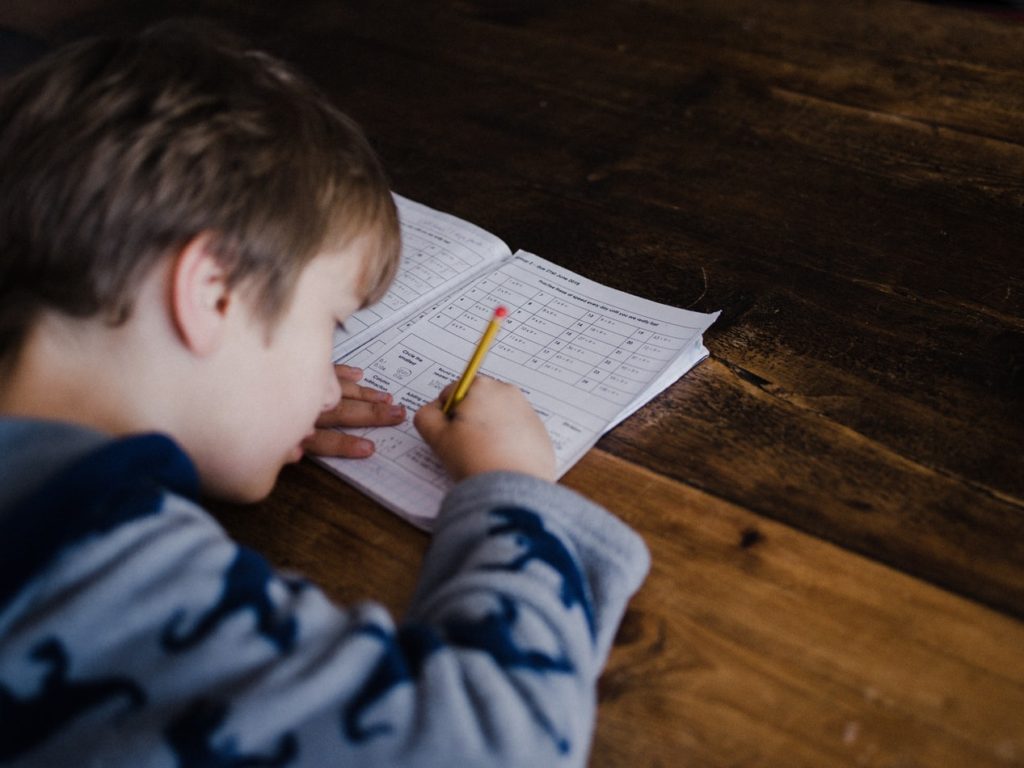Description: Matteo is a former student at Latymer Upper School, one of the most sought-after independent schools in Hammersmith. He has a legal background and a 1st class honours degree in Law. Here he shares 5 revision tips for students to utilise to maximise performance in exams.
Revision is often a difficult and stressful time. Bad habits can develop early in a child’s revision methods and are hard to break by the time GCSE or A-Levels come around. It is, therefore, a good thing to start certain revision practices during 7+, 8+ or 11+.
- Take breaks – Effective revision is unlikely to be sustainable for long-unbroken periods of time. Instead take regular breaks. This will give your brain a chance to let everything settle in and then reboot. For a few minutes have a little walk around the room, stretch your legs, or get out into the sun. Doing this every 20-30 minutes is ideal.
- Past papers are great – Just learning from books or your own notes is good but understanding how to apply that knowledge in the exam is crucial. The best way to prepare for that is to do past papers. I always recommend doing one past paper at the start of revision to understand your level and where your major gaps are. This one is likely to go badly, don’t worry, that is what revision is there for. Then once you have revised, made your notes and learnt your notes; bring out the past papers. Keep going through once you have finished each one, see where your gaps are and go back to your notes to learn.
- Drink water and eat good food – A balanced diet and lots of water is the best energy you can give yourself and your brain. You will spend a lot of time sitting down during revision so exercise if you can but fuelling your mind and body in the right way is critical.
- Find your own method – Everyone has a different way of revising. Some like revision cards, some like lots of highlighters, some like sticking notes around the house. It is a question of trial and error to see what works best. Restructuring your notes into smaller cards, mind maps, or explaining them to someone else is a great way of showing yourself you understand what you have learnt.
- Stay positive – Revision is rarely the most exciting thing you can think of doing. It will often seem daunting at the beginning with how much you have to do and overwhelming near the end when you feel you may not understand things properly. In these moments keep calm and stay positive. You know more than you think you do. All big tasks can be broken down into manageable chunks. If you ever feel too overwhelmed, take a break. You won’t learn much if all you are thinking about is how stressed you are.
No one knows how to do it perfectly but if you can stick with it and learn a little more each day you will do great.
Prepare well and keep these tips in mind and revision should seem a little easier and less stressful.
Is your child sitting the 11+ exams? If you’d like to work with Matteo, contact us today.




